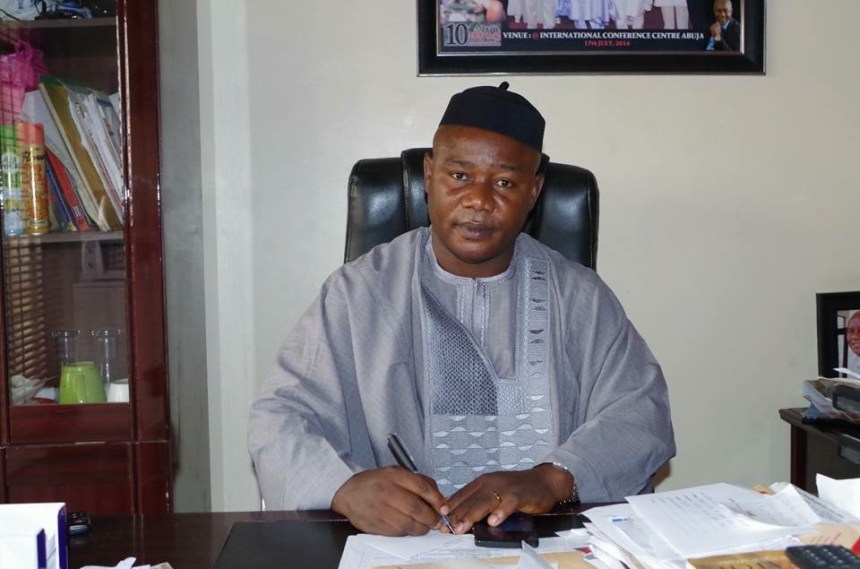Festus Adebayo.
The Housing Development Advocacy Network (HDAN) has urged the Federal Government (FG) to create an enabling environment for infrastructural growth in the housing sector to meet the housing deficit in the country by 2020.
Mr Festus Adebayo, Convener, Abuja Housing Show and President of HDAN made this known during an interview with News Agency of Nigeria (NAN) on Monday in Abuja.

Adebayo said rather than seek to raise an infrastructure bond of N10trillion to pay contractors, the FG should create an enabling environment for infrastructure guarantees to thrive.
According to him this will allow a derivative market that allows asset backed Investments in infrastructure to grow and attract requisite Investments from local and foreign Investors.
“Nigeria’s infrastructure has the cash flow models to match returns with risk per virtue of the population and the desire for better alternatives. Successful cases are MM2 and Lekki toll gate.
“The government must keep off from involving in direct construction of houses, in order not to create a clash of interest and focus solely on its core responsibilities.
“Government must partner with private developers who have been able to develop houses even without any patronage from government.
“Such private sector developers need this partnership because they have been able to prove themselves even without any prior support from the government, and have shown a record of performance,” Adebayo said.
He added that such developers should be partners with the government in order to deliver more in 2020.
The real estate expert further said government should create incentives that would stimulate housing development.
He stressed that in setting agenda for 2020, incentives should be given to developers who were building for those who really needed the houses.
“Following such incentives, the government can make a demand on multinational companies like Churchgate, Julius Berger, RCC and others, to allot certain percentages to affordable housing.
“It should push for the amendment of laws that will foster housing sector development; if done, this will increase sector’s contribution to GDP of Nigeria.
“Federal government should ensure absolute implementation of the Interest drawback system for the housing sector, and should be done in collaboration with the Governors forum.
Adebayo listed some of the challenges facing the sector to include the absence of liquidity in the market, high cost of land registration and titling, policy and licensing issues.
He added that risk sharing mechanism, lack of adequate credit database, knowledge gaps, lack of favourable contract enforcement mechanism and cost of construction were also issues to be tackled if the sector must advance in 2020.
He said high cost of skilled labour, and costs associated with poor infrastructures might compound the problem in the industry except things changed rapidly.
Adebayo said the expectations of stakeholders were that the Federal Ministry of Works and Housing among other things would reach advanced stages of its National Housing Programme expected to deliver affordable housing to Nigerians.
“Stakeholders also expect that the Minister of Works and Housing, Mr Babatunde Fashola steer clear of controversial assertions that might plunge the housing and infrastructure markets into deeper uncertainty.
“Challenging the likes of World Bank on housing deficit or claiming that Nigerian roads are better than reported, creates a body language of insincerity of character and purpose.
“It will only cause investors to price our infrastructure Investments with a higher risk premium; you cannot lend money to a man whose words do not match with reality,” Adebayo said. (NAN)




GIPHY App Key not set. Please check settings